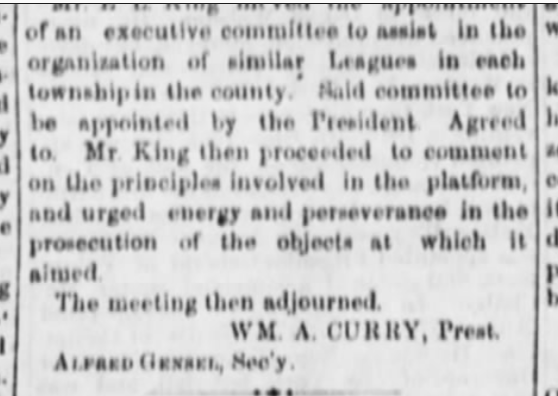
After the war, Albert returned to Waco, Texas, and became active in the Republican Party. As a teenager, Albert served in the Confederate Army, but he lacked any principled commitment to the Southern cause. The development of Lucy Parsons’s political ideology was entwined with that of her husband, Albert Parsons. Jacobin recently spoke with Jones, a renowned historian at the University of Texas, about Parsons’s political evolution, her lifetime of tribulations, and her many, many faces. The second - Goddess of Anarchy: The Life and Times of Lucy Parsons, American Radical by Jacqueline Jones - was just released by Basic Books. It wasn’t until 1976 that the first biography of her, Lucy Parsons: An American Revolutionary by Carolyn Ashbaugh, was published. Parsons largely faded from the popular imagination following her death in 1942.

Yet her journey from slave to nationally recognized radical voice, her tireless advocacy for workers, and her undeniable bravery in the face of murderous state repression made her stand out in an era full of notable leftists. And despite being a delegate at the founding convention of the IWW in 1905, her involvement with the radical union thereafter was minimal. She refrained from denouncing the plight of black workers, focusing almost exclusively on an urban working class composed primarily of European immigrants.

Throughout her life, Parsons hid her background as an African American and a former slave, instead claiming she was of Mexican and Native American descent. Lucy Parsons is often lionized as a pioneering black radical, a powerful writer and orator who championed workers’ emancipation through organizations like the Industrial Workers of the World (IWW), while flouting racist conventions with her white husband, Albert Parsons.īut while this sketch carries the patina of truth, it is, like so many aspects of Parsons, rife with contradictions.


 0 kommentar(er)
0 kommentar(er)
